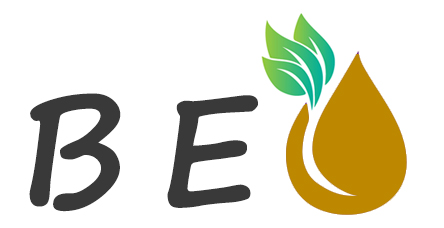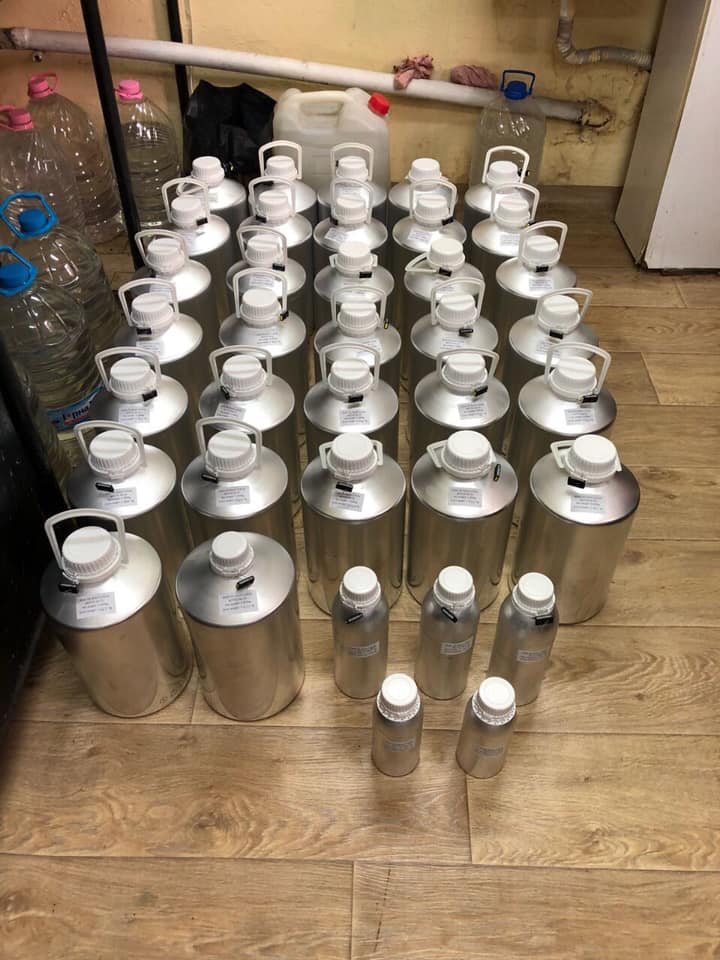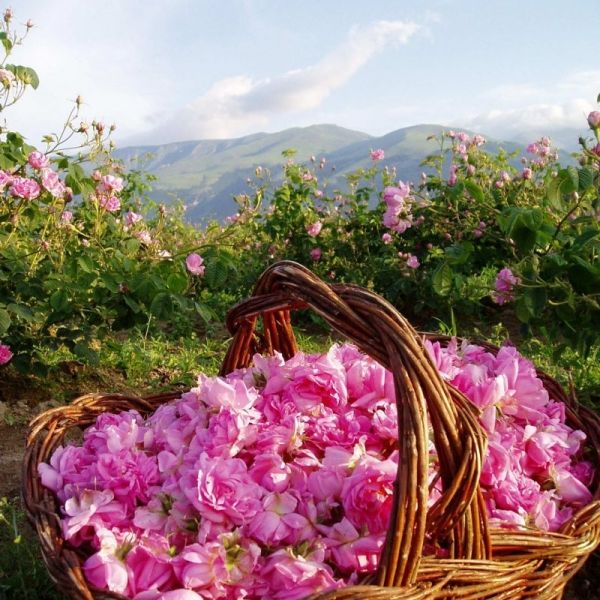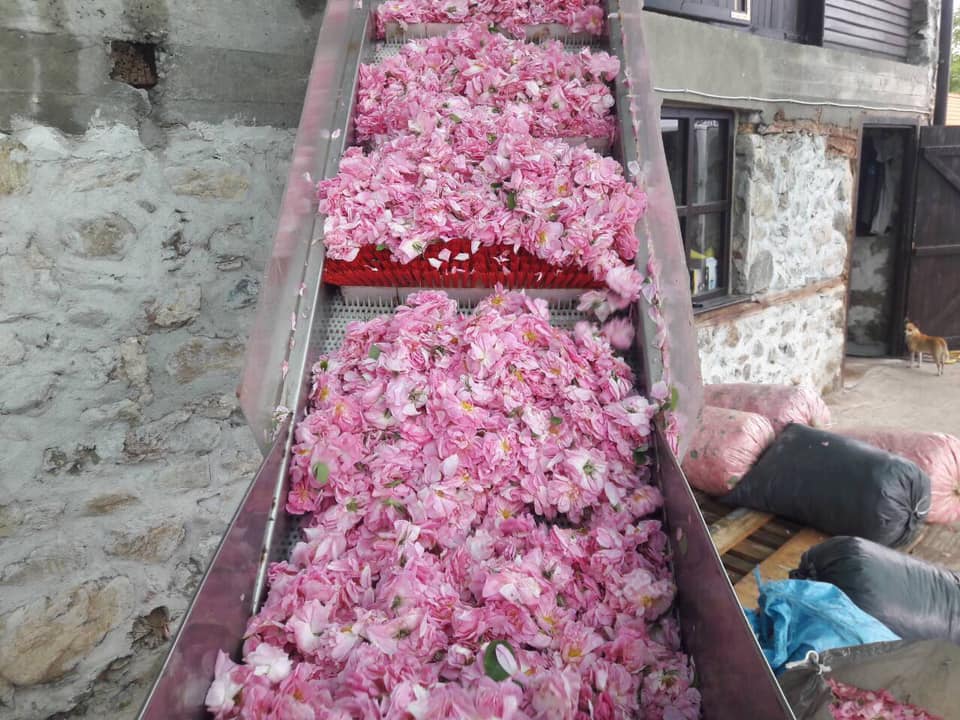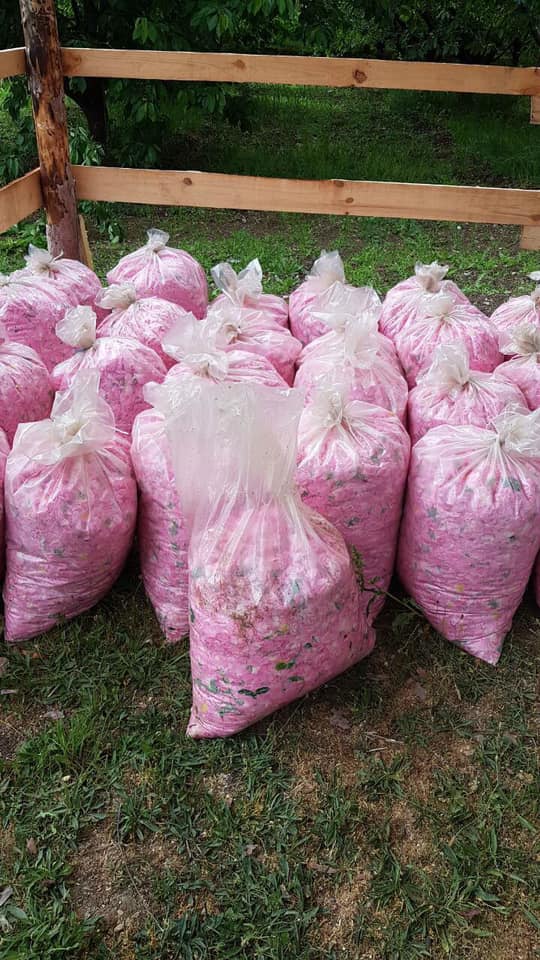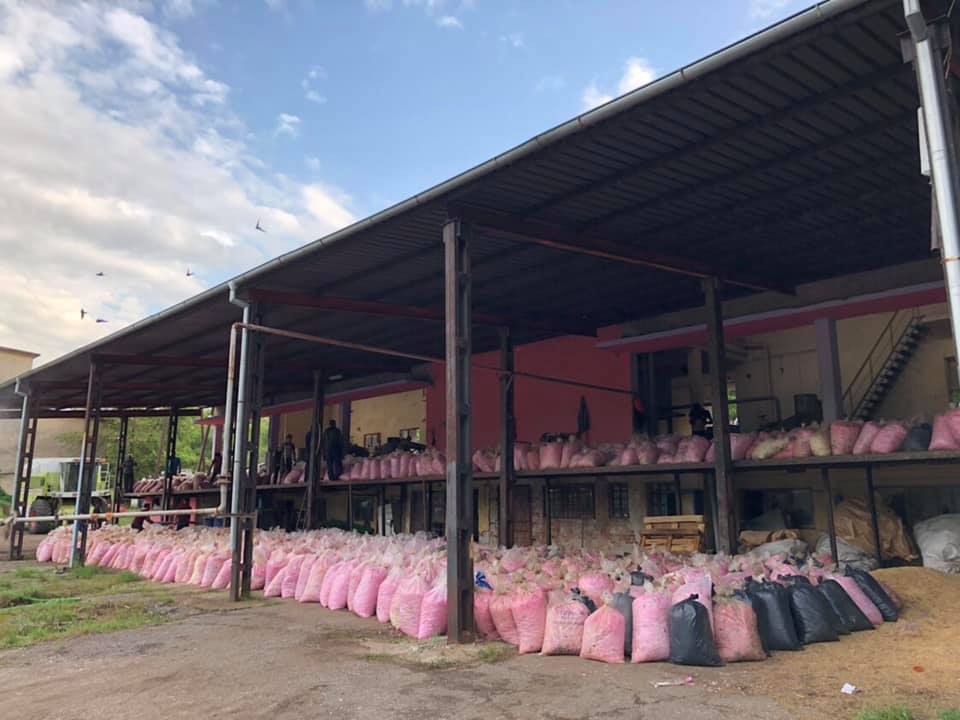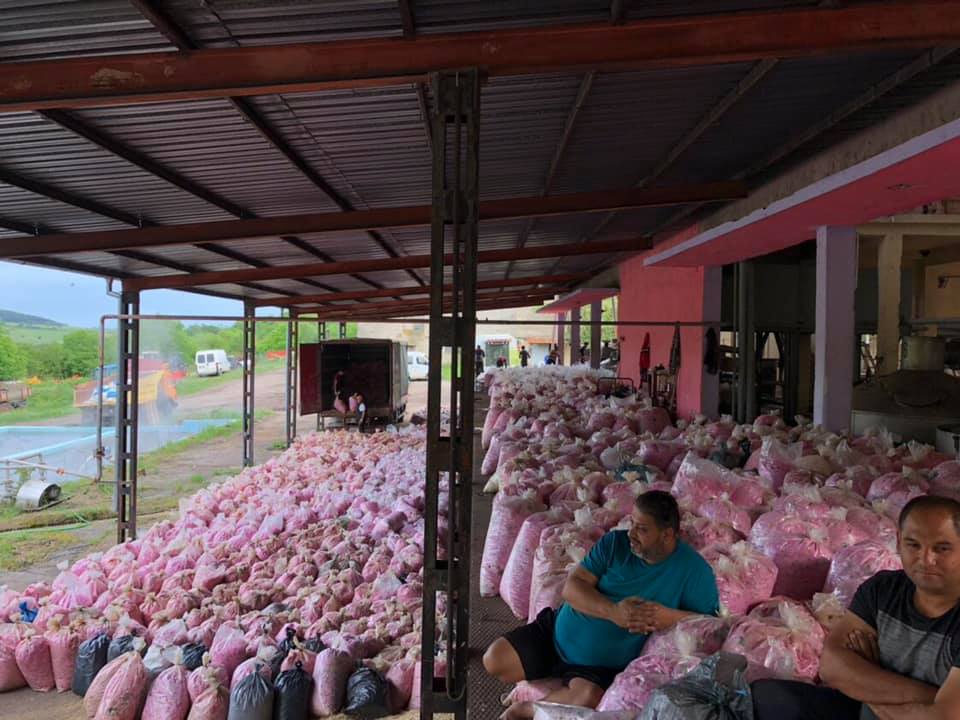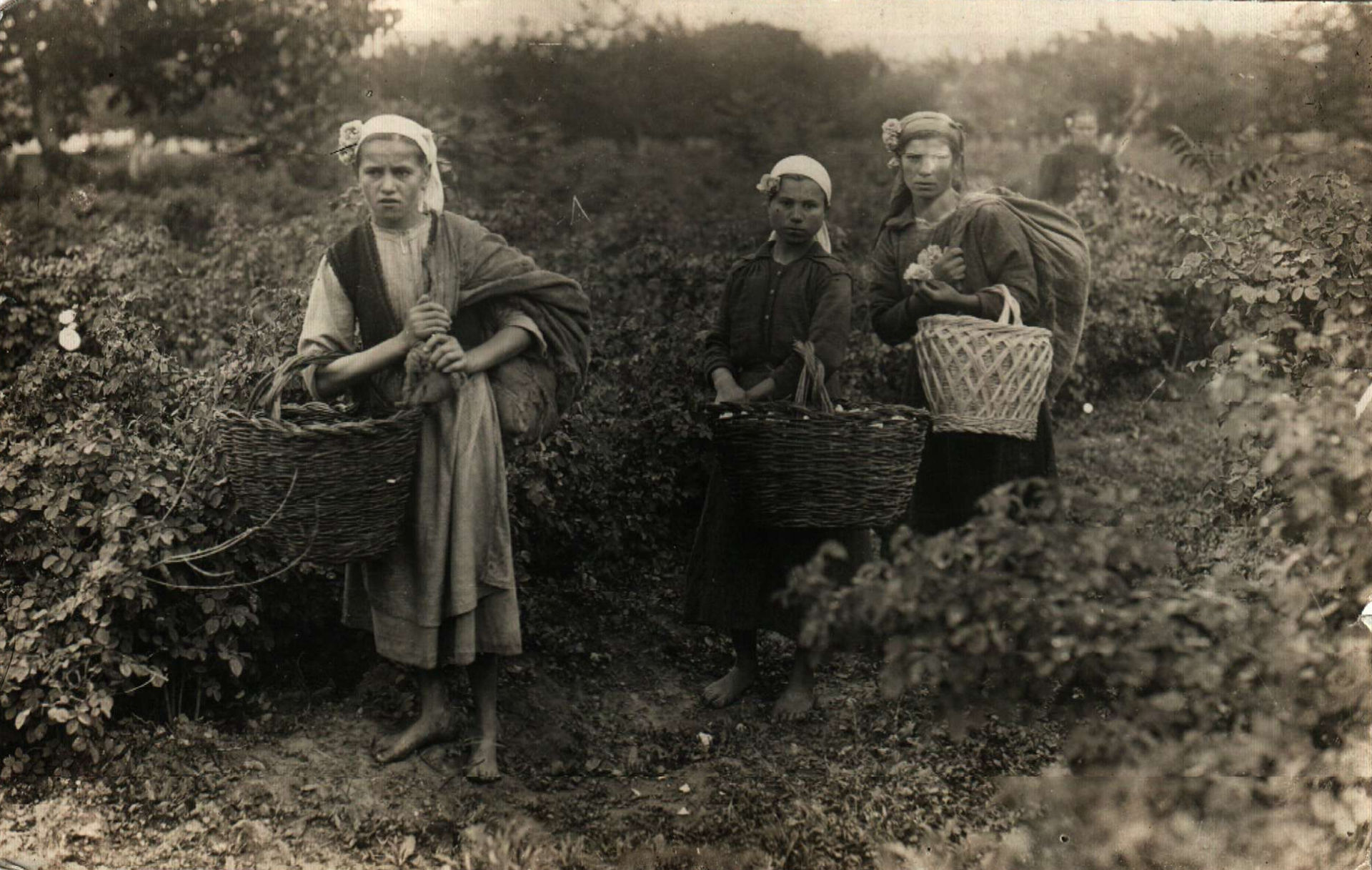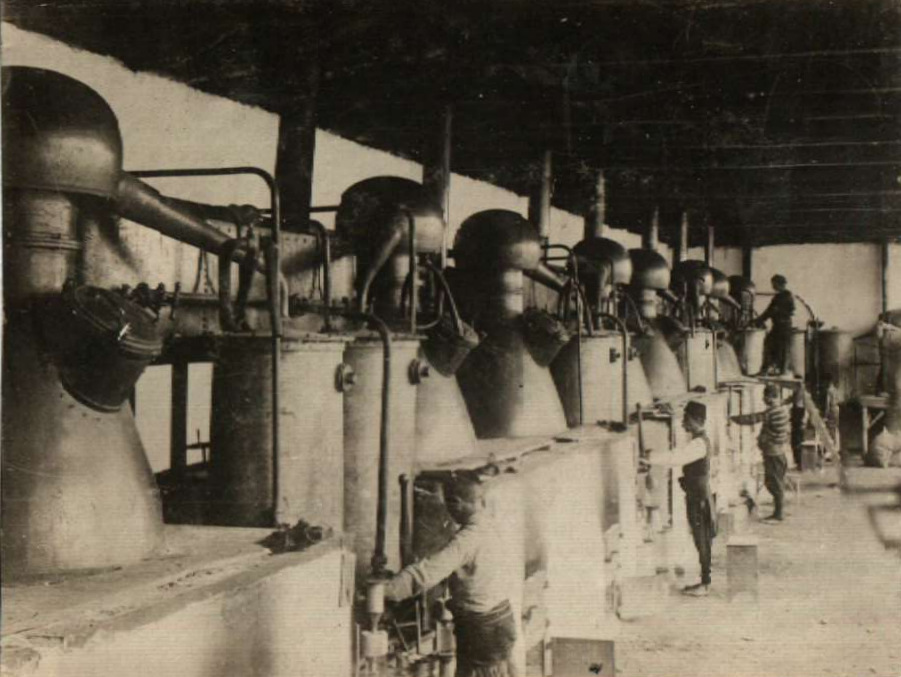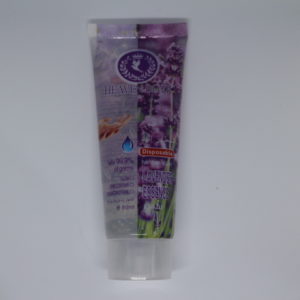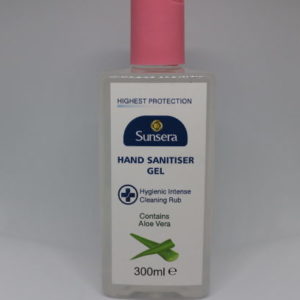Description
- Botanical Name: Rosa Damascena
- Plant Part: Rose Petals
- Extraction Method: Steam Distilled from Petals
- Origin: Bulgaria
- Description: Balancing, Calming & Rejuvenating
- Colour: Light Yellow Colour With A Greenish Tinge
- Consistency: Thin
- Note: Top
- Strength of Aroma:
- Aromatic Scent: Strong Aroma And Sharp Balsamic Taste
- History: Karlovo region dates back to 1712.
- Cautions: Non-toxic, non-irritant, non-sensitizing.
- Important Note: Never use pure oils on the skin without diluting, never use internally, keep away from children and eyes, always check if there are any medical issues that could cause a problem. Seek help if you have any doubts.
We are a supplier of the original Bulgarian Rose Otto in the UK. We offer special wholesale prices and additional discounts to regular customers from the normal price, also with our partner manufacturers we can offer you rose oil to your specification requirements.
We guarantee that our oils are tested and are 100 percent natural. Be careful when buying Bulgarian rose oil at lower prices. We will be happy to provide you with an analysis from an accredited laboratory for the specific batch. Our small family business is based in Birmingham- UK also Dobrich and Sofia- Bulgaria, relies on quality, good name and trust. We specialise in this and do not ask the producers for the lowest prices like the big local traders, but we emphasise higher quality by the Bulgarian State Standard of oils.
Bulgarian Rose Oil Otto is a product of oil-bearing rose, obtained by double distillation of roses – Rosa Damascena . Due to its qualities and price, the oil is also known as “liquid gold”.
Oil-bearing roses first began to be grown in Persia, and it was the first country to produce rose oil. It is believed that the soldiers of Alexander the Great brought it to the Balkan Peninsula during their campaigns.
Methods for extracting rose oil: There are two methods for extracting rose oil
Steam distillation ( our product)
In the method of steam distillation of fresh pink color. The petals are collected early in the morning in dry weather and subjected to distillation. The oil can also be obtained by the extraction method, as the material is extracted with ether, whereby the so-called “Pink concrete”. It is a soft, waxy substance from which rose oil is extracted with alcohol. The flowers contain 0.02% -0.04% essential oil and in rare cases can reach 0.09%. Usually 1 – 3 tons of flower oil produces 1 kg of rose oil.
Extraction
The material is extracted with ether to give the so-called pink concrete.
Main characteristics
Bulgarian rose oil is generally characterized by the following qualities
It differs in the quantitative content of its ingredients. About 283 components have been identified in the composition of Bulgarian rose oil. They are divided into two groups of substances:
odor carriers – represent the liquid part of the oil-eleoptene;
odor fixatives – hard at room temperature and odorless, but fix the odor and give it durability-stearoptene. Of the many components of eleoptene with a pink odor are citronellol, geraniol, nerol, phenylethyl alcohol, but the typical pink odor is also formed by the presence of microcomponents.
contains: ethanol (up to 3%), linalool (from 1 to 3%), phenylethyl alcohol (up to 3%), citronellol (from 24 to 35%), nerol (from 5 to 12%), geraniol (from 13 to 22%) %), geranyl acetate (up to 1.5%), eugenol (up to 2.5%), methyleugenol (up to 2%) and farnesol (at least 1.4%); hydrocarbons – C17 heptadecane (1 to 2.5%), C19 saturated hydrocarbon nonadecane CH3 (CH2) 17CH3 (8 to 15%), C19 unsaturated hydrocarbon with one or more double carbon bonds nonadecene CH3 (CH2) 16CH = CH2 from 2 to 5%), C21 heneicosan (from 3 to 5.5%) and C23 tricosan (from 0.5 to 1.5%)
It has a light yellow colour with a greenish tinge;
It resembles almond oil in consistency;
It has a strong aroma and sharp balsamic taste;
It has an excellent combination of liquid and solid components.
Quality parameters
(according to BDS-ISO):
Specific gravity at 30 ° C – 0.850
Refractive index (refraction) at 25 ° C – 1,460
Polarization with 100 mm tube – from -1.2 to -4.8
Freezing point – 16.5 – 23.5 ° C;
Acid number – 0.92 – 3.75;
Etheric number – 7.2 – 17.2;
Soapy number – 8 – 21;
Acetyl number – 197 – 233;
Free alcohol such as geraniol – 63 – 75%;
Bound alcohols such as geraniol – 2 – 5%;
Total alcohols such as geraniol – 66 – 78%;
Stearopten – 15 – 23%.
Use
Bulgarian rose oil is valued for its rich aroma and durability. Durability is due to its very balanced composition of waxes, alcohols and microcomponents. The wax in color, which causes the dewdrops to run off in the morning rather than get wet, retains the odor. Therefore, roses are picked early in the morning before they begin to smell and lose oil.
Bulgarian rose oil is one of the most expensive and sought after on the international market perfume essential oils.
In therapy, Bulgarian rose oil is used in the form of preparations for the treatment of chronic cholecystitis, diseases of the biliary tract and bronchial asthma. Pink concrete destroys bacteria, strengthens the skin and is used for wounds, burns and more.
Patent on the name
The name “Bulgarian rose oil” was protected by a patent in 2014 as a Bulgarian product in the register of geographical names protected by the European Commission. Until now, anyone could abuse labeling, as has happened, for example, with rose oil made in China.
Bulgarian Rose AD, town of Karlovo, has been the owner since 1994 of the protected designation of origin Bulgarian Rose Oil, which is registered in the Patent Office of the Republic of Bulgaria with registration No. 052 – 01/1994.
Rose production in Bulgaria is part of the production of essential oilseeds. It began in the XVII century in the Kazanlak valley with the cultivation of oil-bearing rose Rosa damascena for the production and export of rose oil within the Ottoman Empire and Western Europe – Vienna, Paris, London
Rose production: The first evidence of rose gardens in the Karlovo region dates back to 1712.
The cultivation of roses of the species Rosa damascena for the production of pink flowers began in the 17th and early 18th centuries with its transfer from the vicinity of Damascus to the Trans-Balkan valleys, mainly in the Karlovo and Kazanlak valleys, due to favorable growing conditions.
